
Many prepared foods and drinks contain food additives that the Food and Drug Administration (FDA) considers safe. This is true for organic products as well. Their database contains over 3,000 food additives and colors that are classified as "Generally Recognized as Safe" or GRAS. These additives are used to increase the safety of your food, improve nutritional value and improve taste, texture and appearance. But are these common food additives good for you? Here are some of the common additives.
Citric Acid
Citric acid naturally occurs in citrus fruits, and sometimes that’s where it’s sourced from. It is used to prevent to growth of bacteria and to modify the acidity of foods and drinks. Citric acid can also be synthetic and genetically modified. And frequent consumption is linked to an increase in tooth decay and also can cause digestive issues.
Lecithin
Lecithin is most often used in food as an emulsifier. It is also sometimes used as a flavor protector and antioxidant. Like citric acid, it can come from both natural and synthetic sources. It can be taken as a supplement to help with brain and nerve function and healthy cholesterol levels. One of the most common sources of lecithin is soy. Most people are not bothered by soy lecithin, even if they are allergic to soy. But there are some who experience mild digestive system upset.
Natural Flavors
The FDA doesn't provide a firm definition of "natural flavors" except that it has to originate from a food. Natural and artificial flavors are used to improve the taste of food. Although they sound innocent, natural flavors are just about as bad for you as artificial flavors because they can also contain up to 100 ingredients, including solvents and preservatives. If you are trying to eat as healthy a diet as possible, look for organic foods or foods that contain organic natural flavors. These won't contain synthetic solvents or preservatives. You can read more about the addictiveness of artificial flavors here.
Xanthan Gum
Xanthan gum is a thickening agent that is used in foods like baked goods, ice cream, soup, sauces, salad dressings, and low-fat items. It is particularly common in gluten-free foods because it provides some of the characteristics of wheat. It is a synthetic substance because it is created in a lab and does not occur naturally. In spite of this, it is not considered all bad because there have been some human and animal studies that have identified potential health benefits. Xanthan gum is made from a sugar fermentation process that uses sugar from corn, soy, dairy or wheat. There isn't any organic xanthan gum on the market at this point in time. But there are products that are Non-GMO project verified.
Carrageenan
Carrageenan, also known as Irish Moss, has been made from a sea weed known as red algae, since the 1930s. It is used as a thickener and stabilizer, and therefore helps lengthen a products shelf life. It is a highly controversial ingredient. Some studies have shown that it is safe and yet other consumer advocate groups, want it banned from certified organic products. It is thought to create inflammation in those that are sensitive to it.
Did this help you? If so, I'd greatly appreciate it if you commented and/or share it on social media.

Email: sharonledwards@hotmail.com
Facebook: https://www.facebook.com/sharonledwardsbiz/


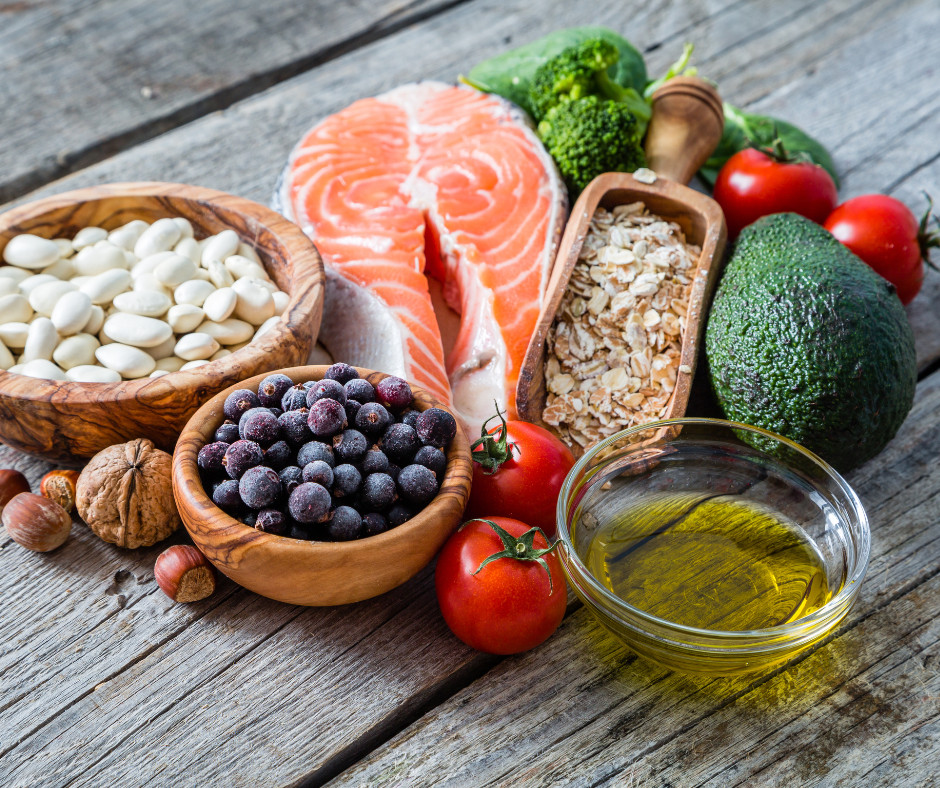

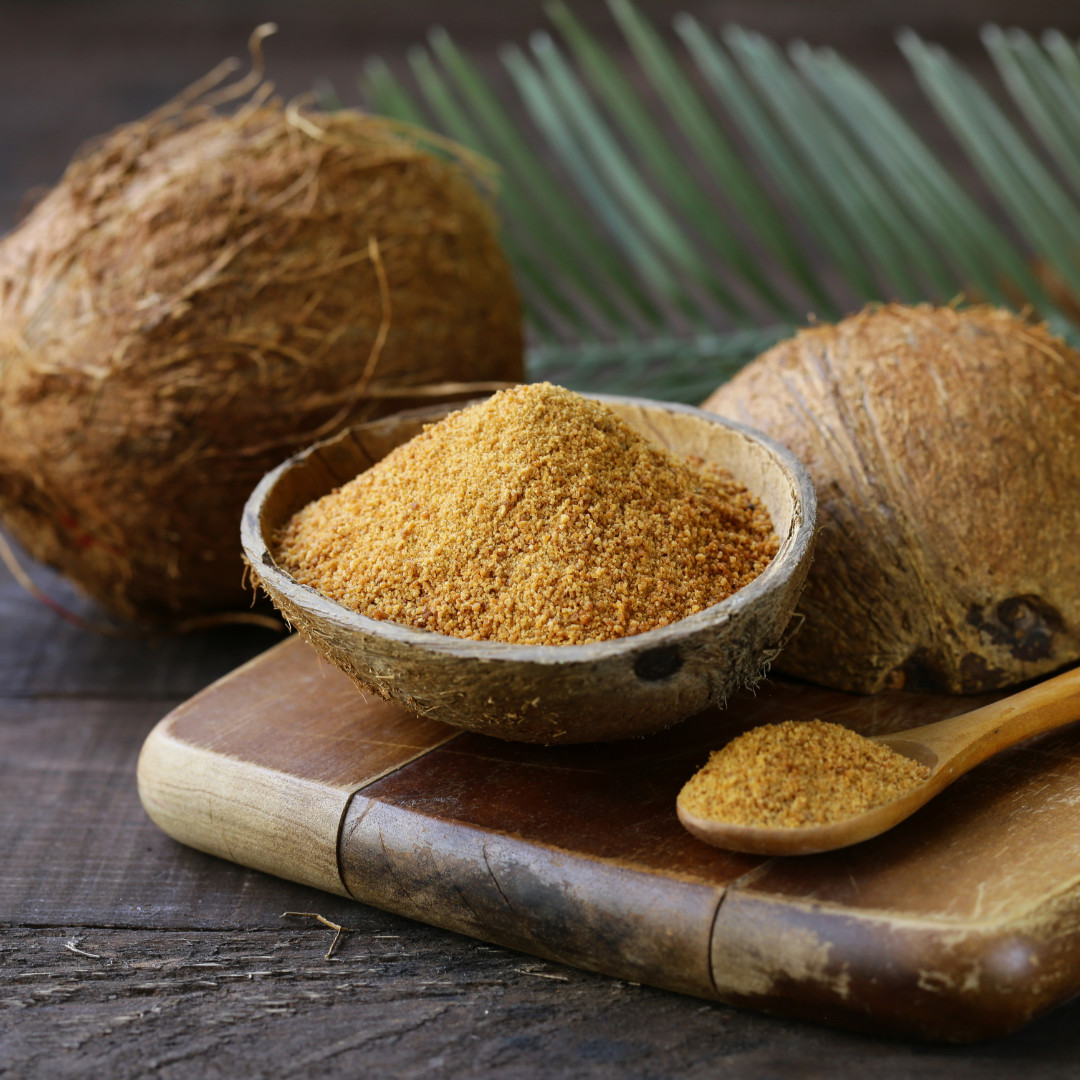

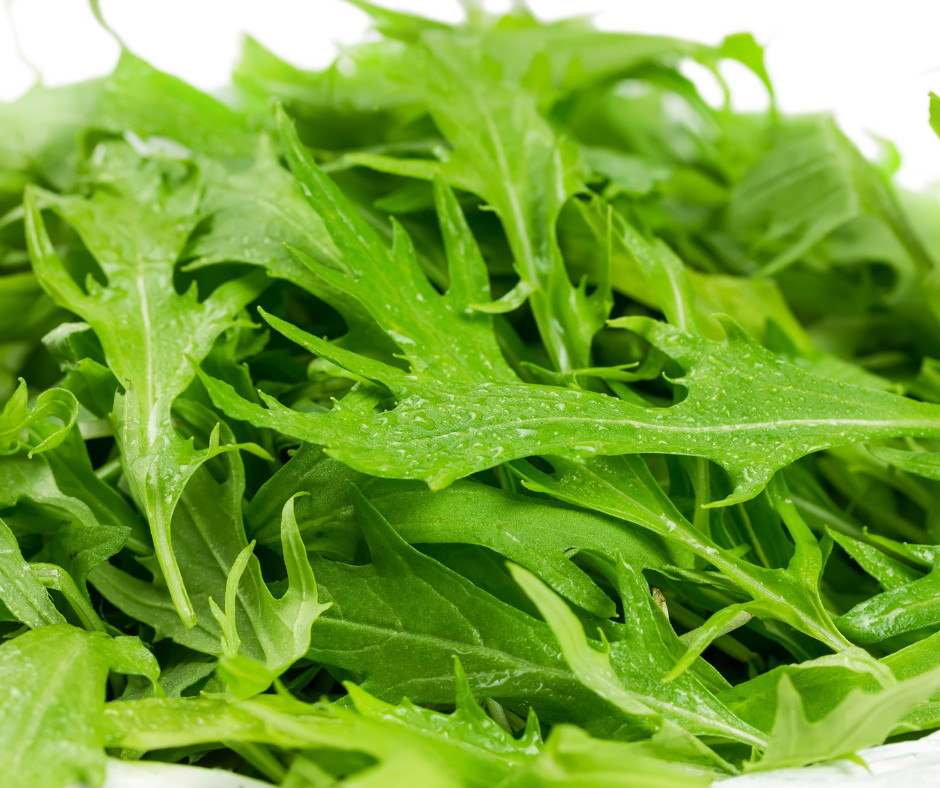

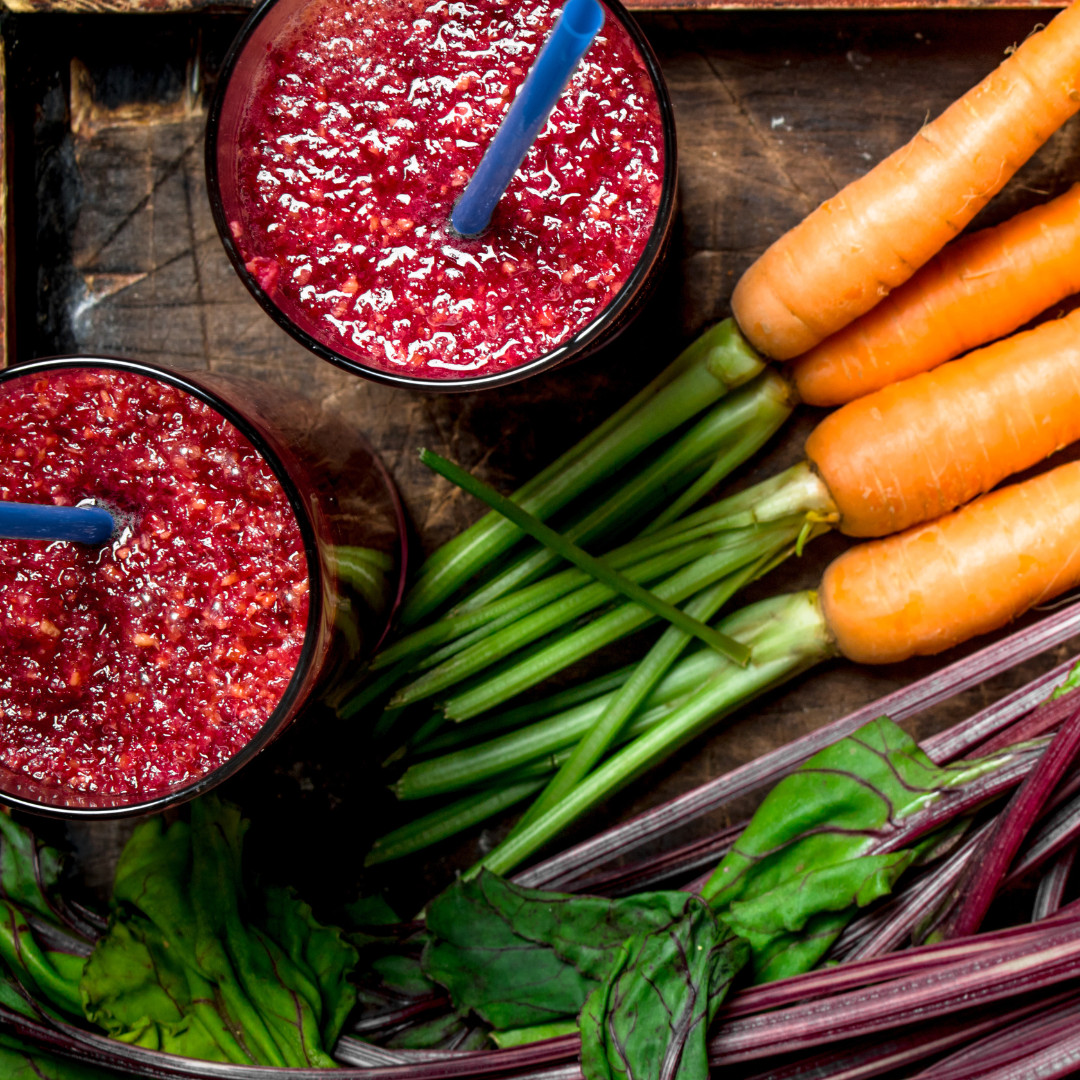
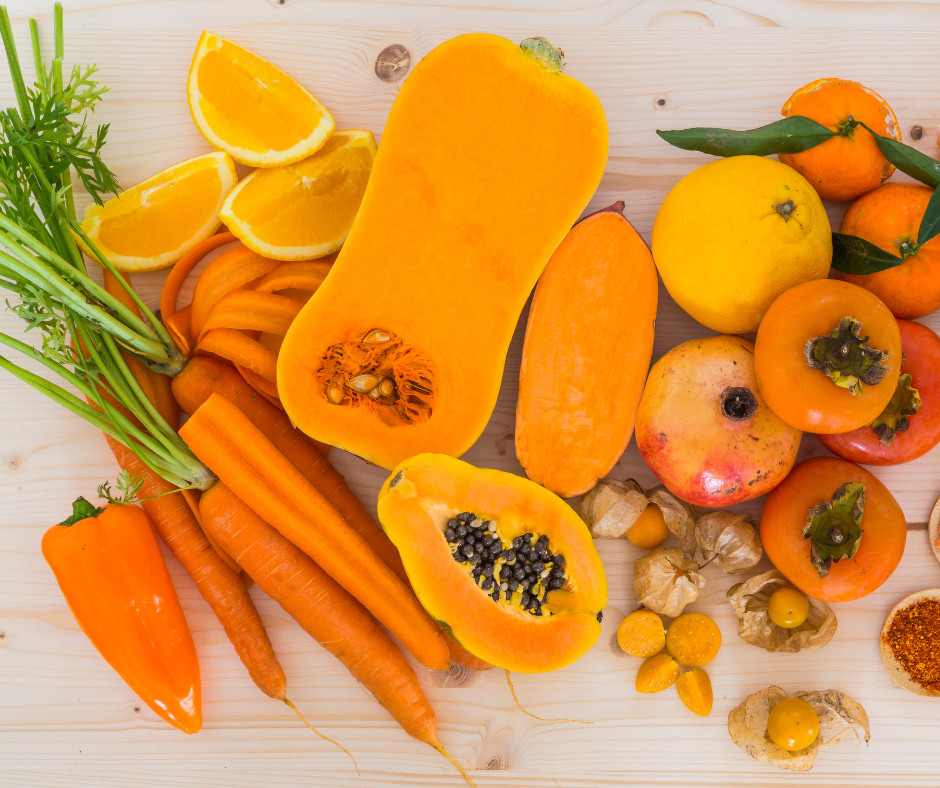
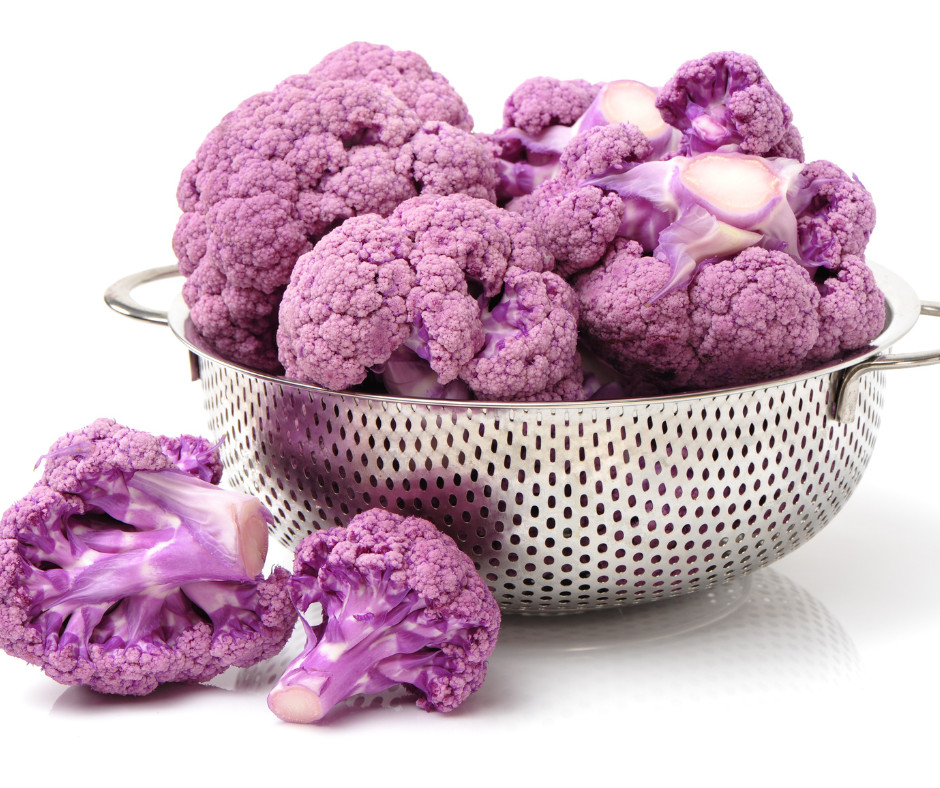
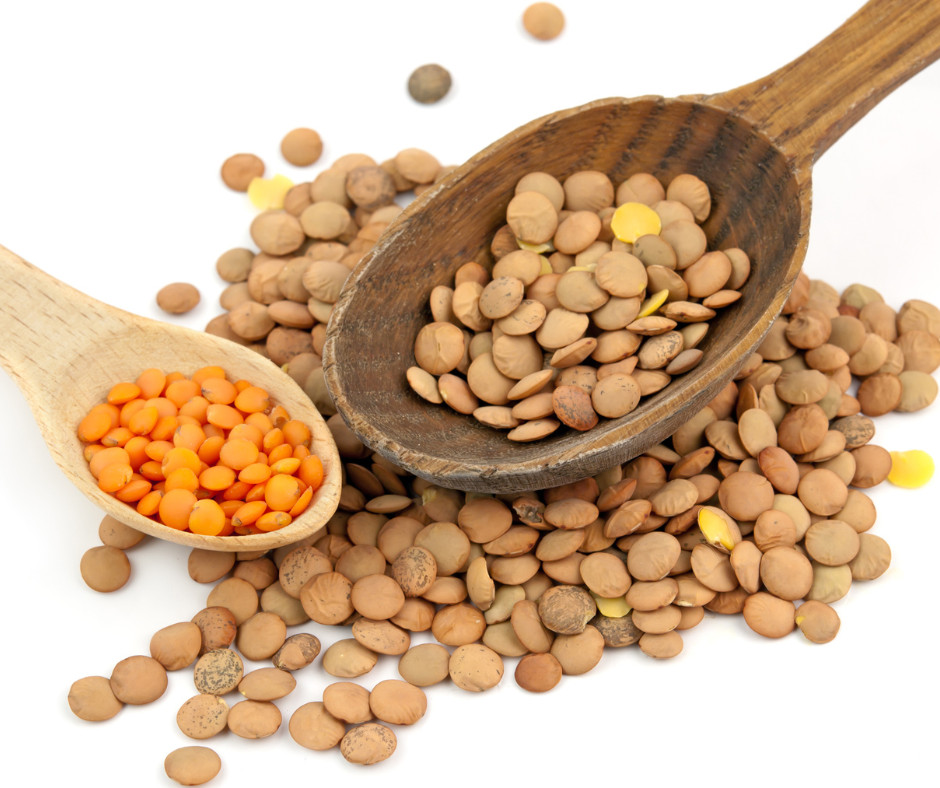
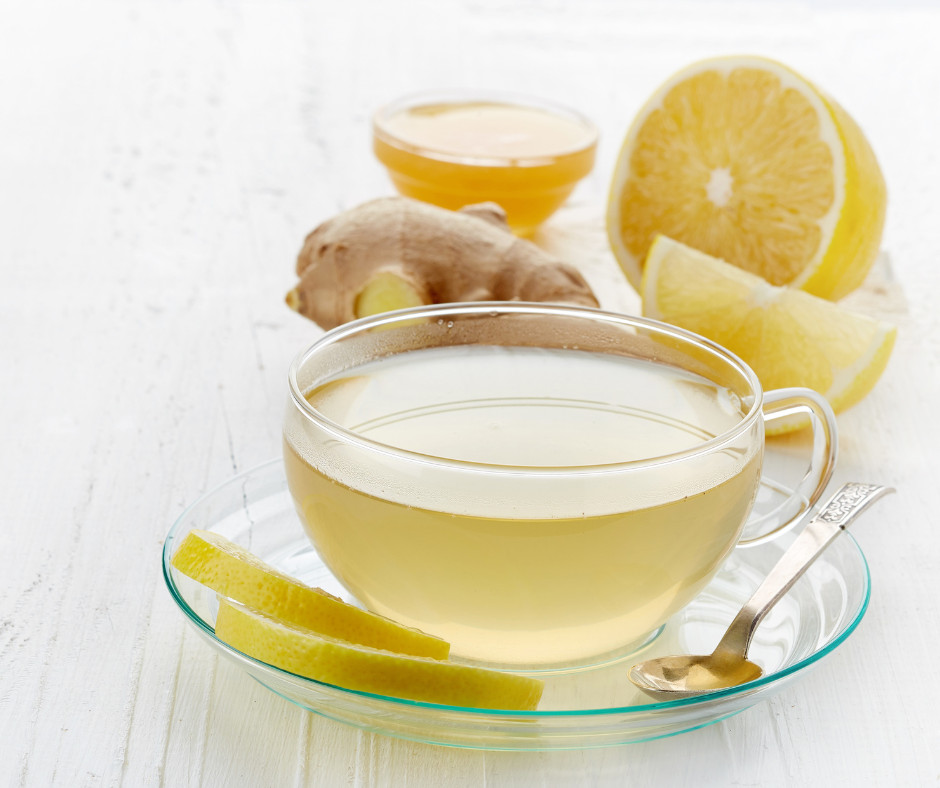





0 Comments